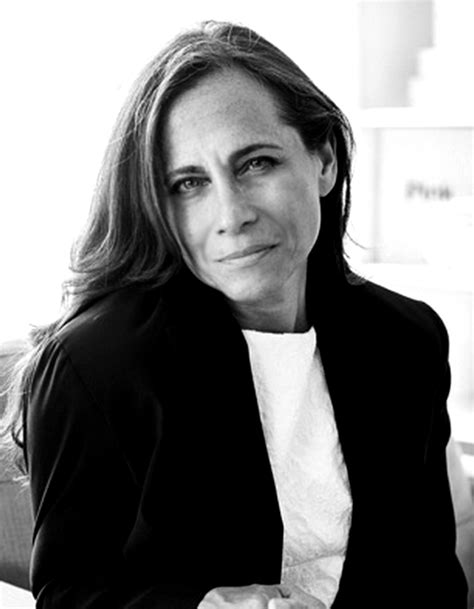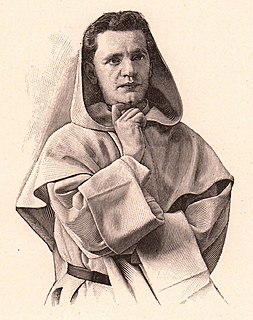A Quote by Simon Pegg
I'm simply saying that our deepest thoughts, desires and preoccupations manifest themselves in art, whether we intend them to or not. That's what art is for; it's not cerebral, it's emotional.
Related Quotes
Our time and attention is scarce. Art is not that important to us, no matter what we might like to believe... Our love of art is often quite temporary, dependent upon our moods, and our love of art is subservient to our demand for a positive self image. How we look at art should account for those imperfections and work around them. Keep in mind that books, like art museums, are not always geared to the desires of the reader. Maybe we think we are supposed to like tough books, but are we? Who says? Many writers (and art museums) produce for quite a small subsample of the... public.
If you think about black art, all black art, whether it's Invisible Man or whether it's James Baldwin, Langston Hughes, Zora Hurston, or Richard Wright, they all deal with elements of identity and trying to humanize our experience and our struggle in the world where people have been indifferent to who we are and what we are. It's basically just saying that our lives have meaning.
The art of politics, under democracy, is simply the art of ringing it. Two branches reveal themselves. There is the art of the demagogue, and there is the art of what may be called, by a shot-gun marriage of Latin and Greek, the demaslave. They are complementary, and both of them are degrading to their practitioners. The demagogue is one who preaches doctrines he knows to be untrue to men he knows to be idiots. The demaslave is one who listens to what these idiots have to say and then pretends that he believes it himself.
Intellectual culture seems to separate high art from low art. Low art is horror or pornography or anything that has a physical component to it and engages the reader on a visceral level and evokes a strong sympathetic reaction. High art is people driving in Volvos and talking a lot. I just don't want to keep those things separate. I think you can use visceral physical experiences to illustrate larger ideas, whether they're emotional or spiritual. I'm trying to not exclude high and low art or separate them.
Has it led you to the conclusion that photography is an art ? Or it is simply a means of recording ? "I'm glad you asked that. I've been wanting to say this for years. Is cooking an art ? Is talking an art ? Is even painting an art ? It is artfulness that makes art, not the medium itself. Of course photography is an art - when it is in the hands of artists."
The perfection of His relation to us swallows up all our imperfections, all our defeats, all our evils; for our childhood is born of His fatherhood. That man is perfect in faith who can come to God in the utter dearth of his feelings and his desires, without a glow or an aspiration, with the weight of low thoughts, failures, neglects, and wandering forgetfulness, and say to Him, “Thou art my refuge, because Thou art my home”.
We live in a time which has created the art of the absurd. It is our art. It contains happenings, Pop art, camp, a theater of the absurd... Do we have the art because the absurd is the patina of waste...? Or are we face to face with a desperate or most rational effort from the deepest resources of the unconscious of us all to rescue civilization from the pit and plague of its bedding?
There is a silence that matches our best possibilities when we have learned to listen to others. We can master the art of being quiet in order to be able to hear clearly what others are saying. . . . We need to cut off the garbled static of our own preoccupations to give to people who want our quiet attention.
For the first time in six or seven thousand years, many people of goodwill find themselves confused about art. They want to enjoy it because enjoying art is something they expect of themselves as civilized persons, but they're unsure how to do so. They aren't even sure which of the visible objects are art and which are furniture, clothes, hors d'oeuvres, or construction rubble, and whether a pile of dead and decomposing rats is deliberate art or just another pile of decomposing rats.
What makes art Christian art? Is it simply Christian artists painting biblical subjects like Jeremiah? Or, by attaching a halo, does that suddenly make something Christian art? Must the artist’s subject be religious to be Christian? I don’t think so. There is a certain sense in which art is its own justification. If art is good art, if it is true art, if it is beautiful art, then it is bearing witness to the Author of the good, the true, and the beautiful
Contemporary art is based on that an artist is supposed to go into art history in the same way as an art historian. When the artist produces something he or she relates to it with the eye of an art historian/critic. I have the feeling that when I am working it is more like working with soap opera or glamour. It is emotional and not art criticism or history of art.


































